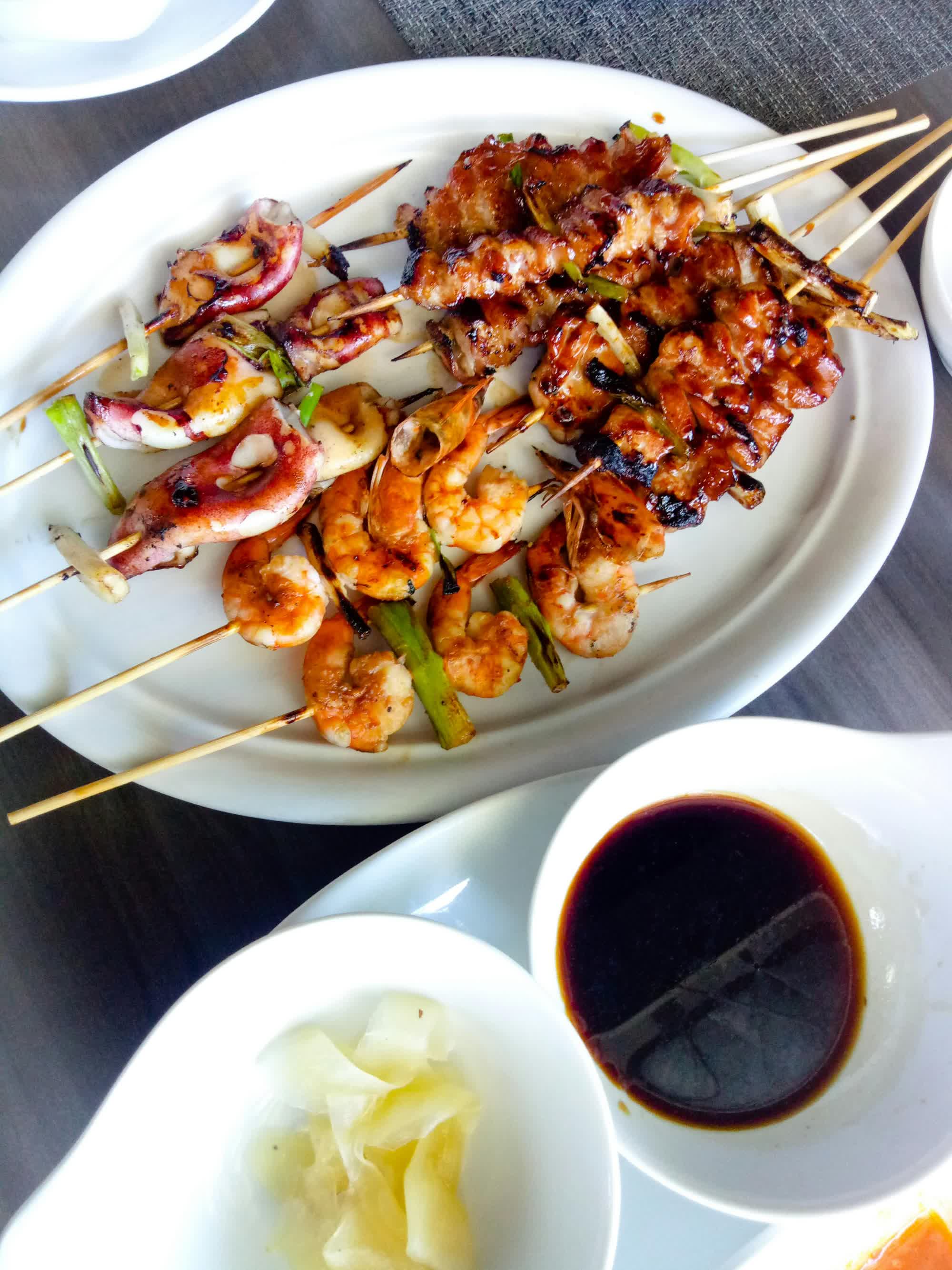The big picture: Ghost kitchens sprang to life as a temporary solution to help restaurants stay afloat during the pandemic. Now that Covid has subsided and life as we know it has more or less returned to normal, ghost kitchens are falling out of favor with operators and consumers.
Ghost kitchens, sometimes called cloud kitchens, are food service businesses that exist virtually. They don’t have their own storefront but rather, operate out of existing restaurant kitchens under an entirely different brand and are available only for online ordering.
It’s easy to see how the concept became popular. During the pandemic when dine-in restaurants shut down, many turned to delivery. Others eager to generate revenue leased out space in their kitchens for delivery-focused startups.
With dine-in restaurants back to entertaining guests in person, fewer people are utilizing delivery services. It also became more difficult for restaurants to split time in the kitchen, especially during busy hours.
Dorothy Calba, a senior research analyst for food service at Euromonitor International, told The New York Times that virtual brands simply do not have the same connection with consumers that traditional restaurants do. That may only be part of the story.

Ghost kitchens often fell short of quality expectations and lacked in the consistency department. Without having your name and reputation directly attached to a product, it becomes clearer why quality isn’t a top priority.
Something else that everyone learned from the ghost kitchen concept is that restaurants should probably stick to what they know. For example, if you specialize in Chinese food, odds are your cheeseburger isn’t going to be a home run.
Restaurants aren’t entirely to blame for the bad reviews. Slow food delivery services can also lead to poor quality food and negative reviews.
Wendy’s, which said in 2021 that it planned to open 700 ghost kitchens by 2025, has since pulled back on that commitment. Grocery chain Kroger, which partnered with Kitchen United to open ghost kitchens in 2021, closed all of them late last year.
Image credit: Norma Mortenson, Gerald Jake Abangan

